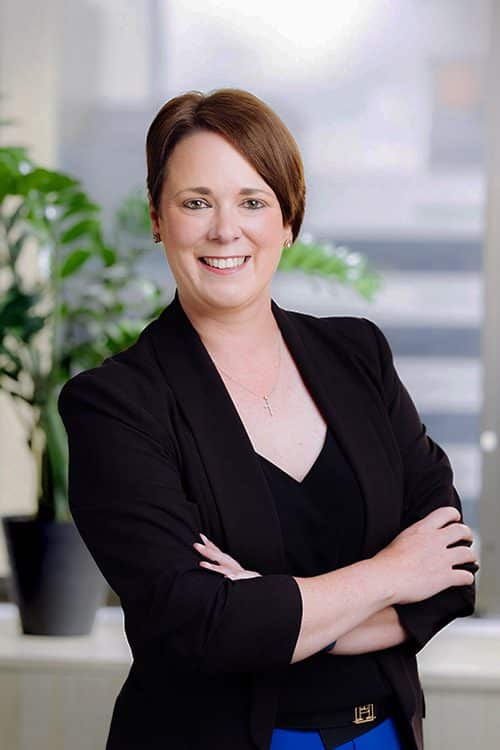As business advisors who work closely with medical professionals, we wish to highlight some common misconceptions about the impact of the Personal Services Income (PSI). Ignoring the PSI legislation can lead to very serious consequences such as an ATO review or audit, resulting in tax avoidance and significant penalties.
It is important to note that these rules are not new, however we are seeing the rules being ignored. If you’ve never heard about them before, it might be time to ask – or even seek a second opinion!
What is Personal Services Income?
As a medical professional, the income you earn is deemed as PSI and is considered to be income derived by an individual as the result of their personal work or exertion. These services may be carried out by the individual as a sole trader or sometimes through a trust, partnership or company structure.
The tax treatment of this income falls under the personal services income (PSI) attribution regime. This legislation effectively treats individuals earning PSI as a quasi-employee, tracing through structures such as medical companies or trusts to attribute the income generated back to the individual who earned that income. It is important to note that the PSI rules apply to all individuals and are not applied exclusively to the medical profession.
For example, say Dr Smith earns $400,000 in personal income from charging his patients. After business expenses, this income must, under law, be included in Dr Smith’s personal income tax return in the year that it has been earned. He does NOT have the option to:
- leave significant amounts of income in a medical company to be taxed at the company tax rate, or
- split the income with other family members to reduce his tax.
If Dr Smith were to split some of this income with family members or associates, this would be considered tax avoidance and would incur substantial penalties from the Australian Taxation Office.
When you consider PSI, it’s important to clarify that only income generated personally is covered It does not include income generated by a medical practice from service fees or income from investments that may be held in another structure, like a trust. PSI is an area of high interest for the ATO and will continue to be a focus area in the future.
Below are some frequently asked questions (FAQs) we receive in relation to Personal Services Income.
I can split the income I make as a doctor because I trade through company or trust?
No.
The ATO will look through any structure that is in place to see how the income is derived. This is the key focus of the PSI legislation. If income is derived by the medical practitioner as a result of their personal work or exertion, this income is PSI and must be attributed to the individual performing the work.
It is sometimes mistakenly assumed that if you meet the requirements to be classified as what is called a personal services business (PSB), you can split your income between yourself and your family members. This is not the case. Where personal exertion income is split inappropriately with associates, the ATO is likely to consider this tax avoidance and ignore any tax benefits obtained.
Can I split my income because I work at several practices and therefore, 80% of my income does not come from one source?
No.
This income is still derived as a result of an individual’s work or exertion as a medical practitioner. As such, this income remains income that has been generated from personal services and must be attributed to the individual performing the work.
Can I pay my spouse a wage and superannuation because the income I generate means I am a personal services business?
Yes, these payments will be a tax deduction to you, provided:
- you are considered a personal services business (PSB), and
- your spouse or an associate provides services to you that are necessary for the generation of your income, and you remunerate them at a market rate.
If no work actual is performed by your spouse or an associate, payments are unable to be made to them.
Further, you may choose to maximise any superannuation contributions on behalf of your spouse (working in your business) up to the concessional contributions cap, even if the superannuation contribution exceeds the value of the work performed. The current concessional cap in relation to the 2024 financial year is $27,500. This position is supported by Tax Determination 2005/29 and Ryan’s case (Ryan v. Commissioner of Taxation (2004).
Can I use a medical company because it provides me with asset protection from my patients?
No.
Sometimes sole traders are encouraged to operate through a company to take advantage of the additional legal protection and limited liability offered under a corporate structure.
In our experience, these protections are not all that valuable to a professional, such as a medical practitioner, where any failing is likely to be at a professional level. In these cases, the limitation of liability offered by a company will not offer any protection to the professional. Therefore, a medical practitioner must maintain an appropriate level of professional indemnity insurance, regardless of the trading structure they have in place.
From an asset protection perspective, professional failings (such as medical malpractice) will be largely irrelevant if the medical practitioner is trading as a sole trader or through a different entity.
As a final note: when speaking to your advisor, it’s unhelpful to talk about things your practitioner friends or colleagues are doing, because these don’t take into account your own personal risk profile or potential for an ATO audit.
If you’re a practitioner and want more information on the Personal Services Income attribution regime, please contact your local William Buck health advisor.










